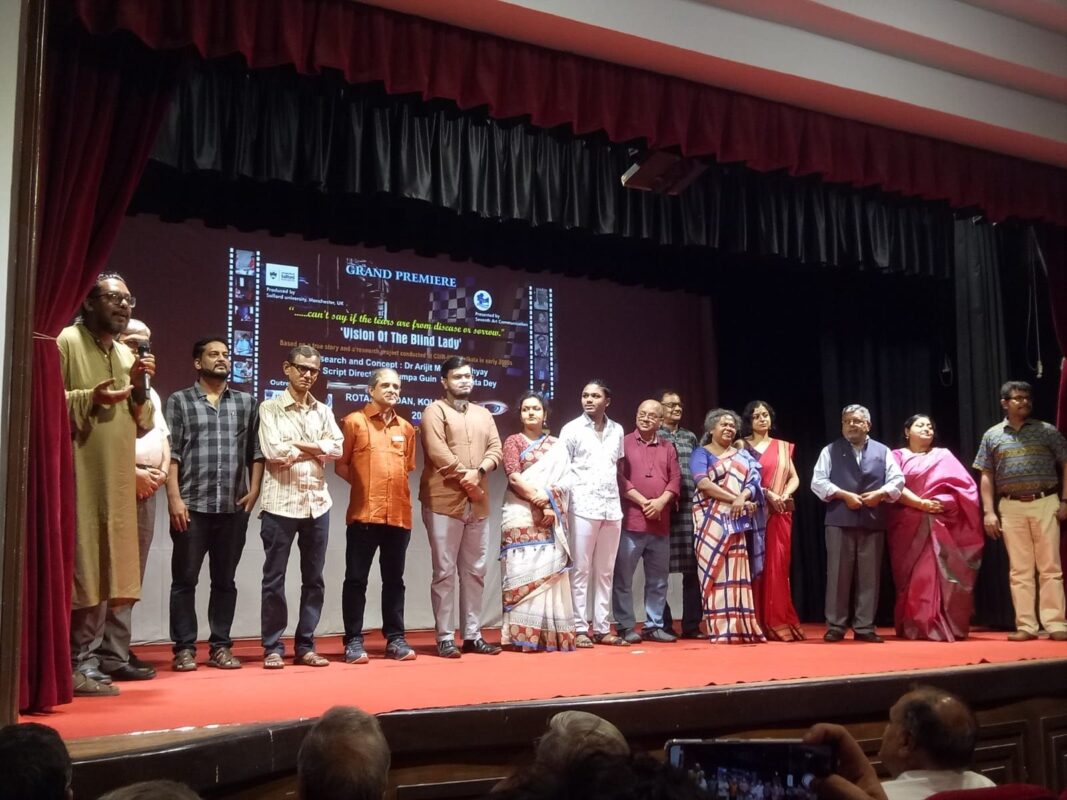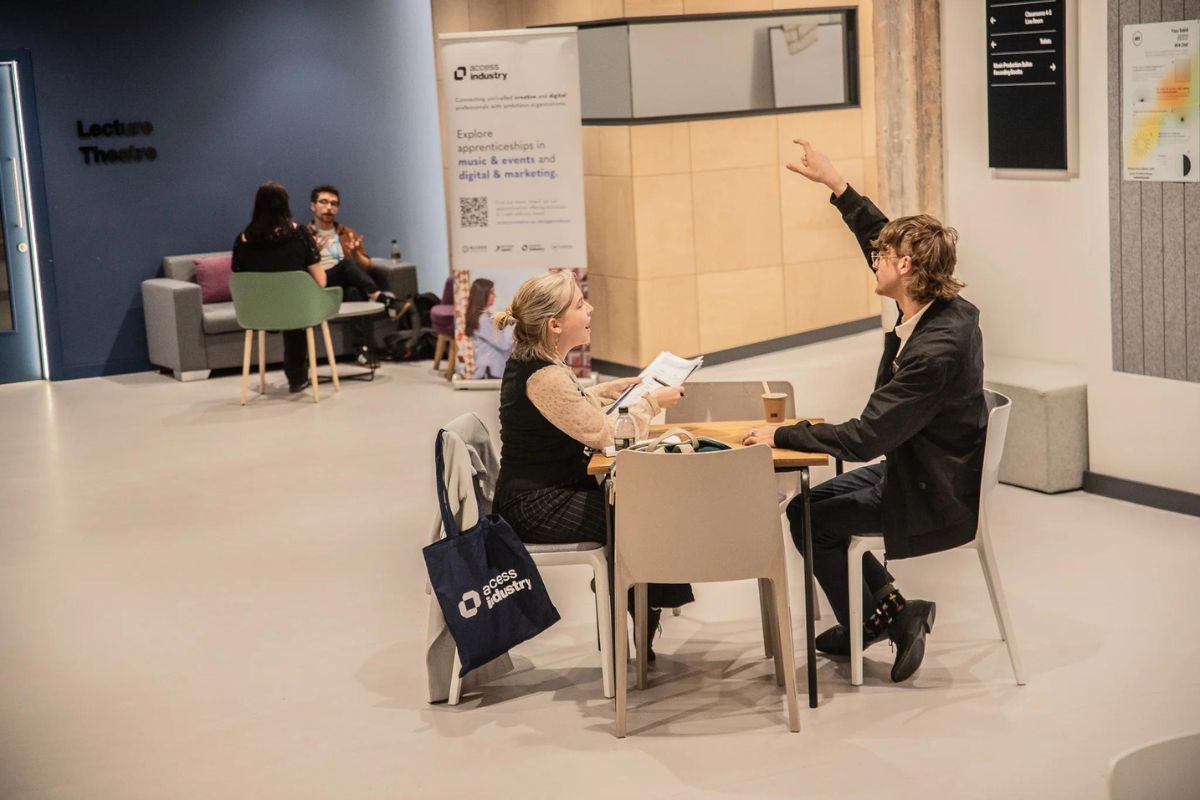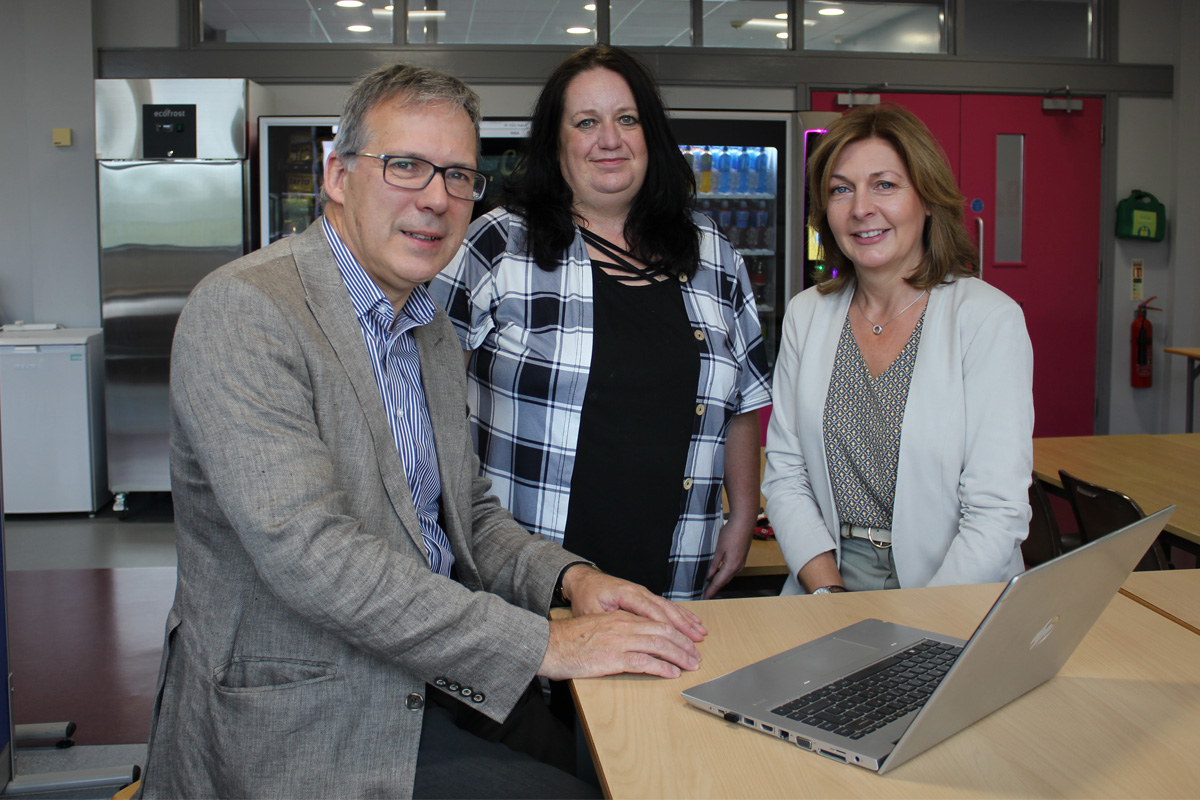Film created by Salford Academic aims to help Glaucoma Research

A new film is bringing to light how glaucoma can be prevented from affecting those around us. It is the creation of an academic from The University of Salford, who started researching the disease twenty years ago.
Glaucoma is a neurodegenerative disease and the largest cause of irreversible blindness that affects an estimated 100 million people globally. A significant proportion of glaucoma is inherited as a genetic condition. With glaucoma, neurons (ganglion cells) in the retina begin to die causing vision loss and ultimately blindness. Most people who are affected by the disease only realise they have it after they’ve already lost 70-80% of their sight.
Dr Arijit Mukhopadhyay, an expert Human Genetics & Genomics at the University of Salford, has created a film called ‘Vision of the Blind Lady’ that focuses in on an Indian family that have a specific genetic defect of Glaucoma. This rare and aggressive mutation can be found in all populations over the world. The family that is focused on in the film has a condition where children who have inherited the genetic defect can begin to lose vision at the age of 12 and become fully blind by the age of 18.
It has a huge impact on the families. One of the family members the film focusses on said: “I wanted to sell everything to get some money with the hope that with money we can be cured. But doctors told us, it is in our DNA, no amount of money can cure it.”
When asked how the condition affects what she can see, she added: “Everything is dark. But the darkness is lighter when there is nothing in front of me. When I see darker darkness amidst lighter darkness, I know something is in front of me.”
Arijit’s research, which was completed in the early 2000’s and is now being resumed with academics at the University of Salford and researchers in India, has shown promise that not only can the disease be slowed down, but if it is caught early enough and operated on, it can be stopped completely.
Primarily funded by the Research Impact funds at the University of Salford the film’s goal is to demonstrate the impact of inherited conditions and how they can be prevented earlier on in life.
Dr Mukhopadhyay said: “The reason I made the film is that clinicians were not initially convinced that we can surgically operate before the disease fully manifests. Early diagnosis and early intervention are at the heart of the global focus on precision health which is also aligned with the integration of genomics in human health envisioned by the NHS. We need healthcare to be primarily proactive (prevention) where possible, rather than reactive (waiting for symptoms) – and use of genetic information is crucial to realise that future.
“After the film has been shown, its impact has resulted in clinical experts and genetic counsellors becoming convinced. Now, thanks to the film, the expert that is seen in the movie has started treating and operating on children to try and prevent the aggressive mutation from making them blind at such a young age.”
Motivated by the film’s strong message reputed charitable organisations such as Rotary has come forward to help with the logistics of providing timely treatment to this family.
He went on to say: “I would also like to impact a policy change, where you start disease management from a genetic screening step. Inherited diseases can surface at any point in life, so we shouldn’t wait, and we can prepare the children for what’s coming.” He is currently engaged with clinical geneticists, genetic counsellors and relevant policy makers in India towards realising this dream.
The film has been shown in multiple venues in India and in Salford to many students, as well being presented at the LTech festival organised by University of Salford. To further support the industry-leading research that takes place at the University of Salford, Dr Mukhopadhyay will be speaking at TEDx Salford later this month about the success of the film and his research.











Responses